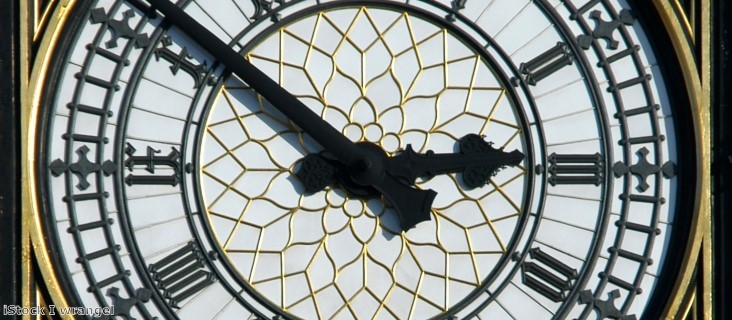Smeg Head
Just take a bite
The economy tanking would result in a loss of jobs across the board and a brain drain, but then people will come back when the jobs do.I wonder if there is going to be any sort of 'brain drain' resulting from Brexit.
Currently there are around 1-1.5m UK citizens living in other EU nations for various reasons.
Brexit isn't going to stop movement of people between the UK and EU nations altogether nor is it going to stop permanent migration from the UK.





